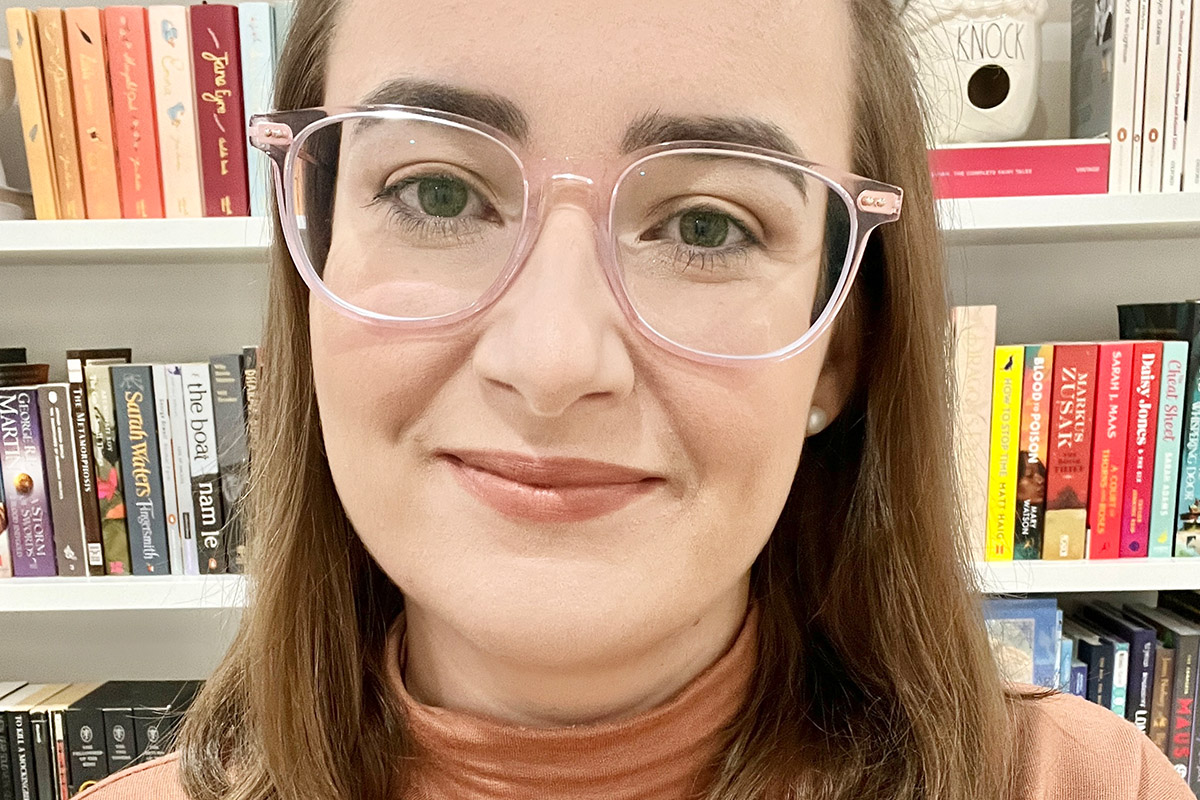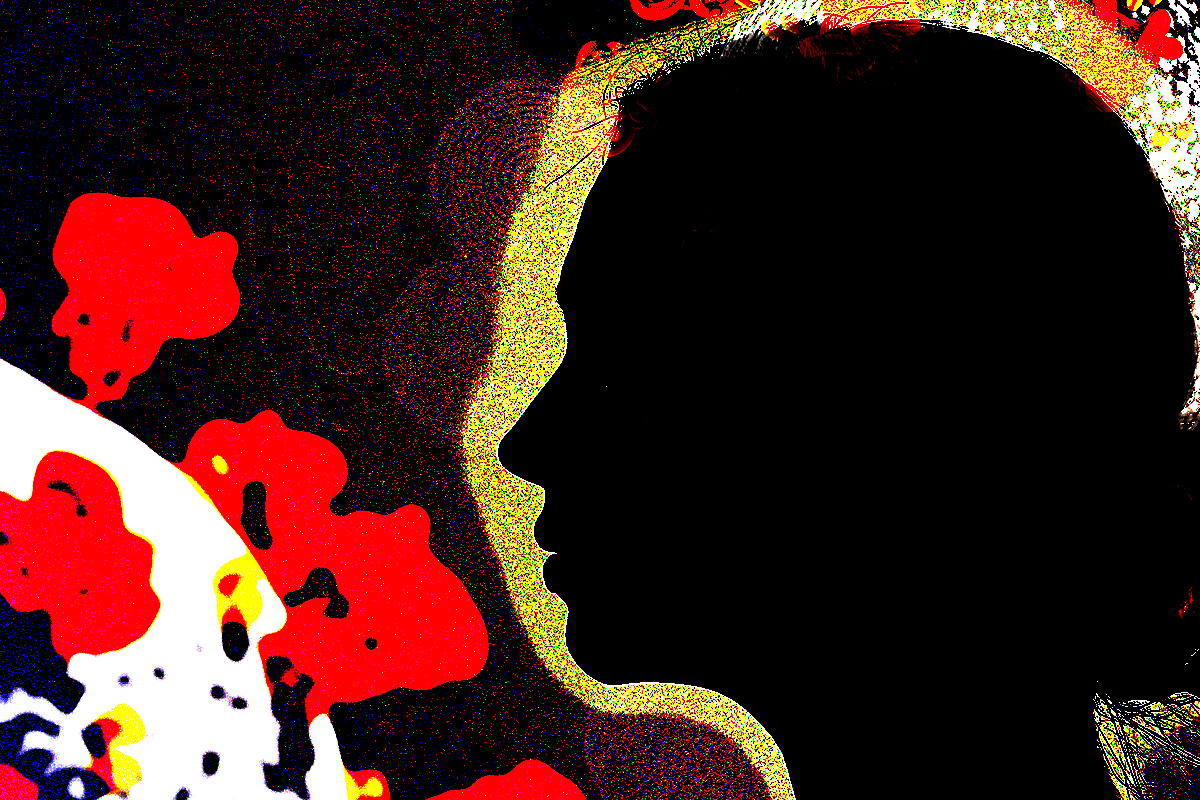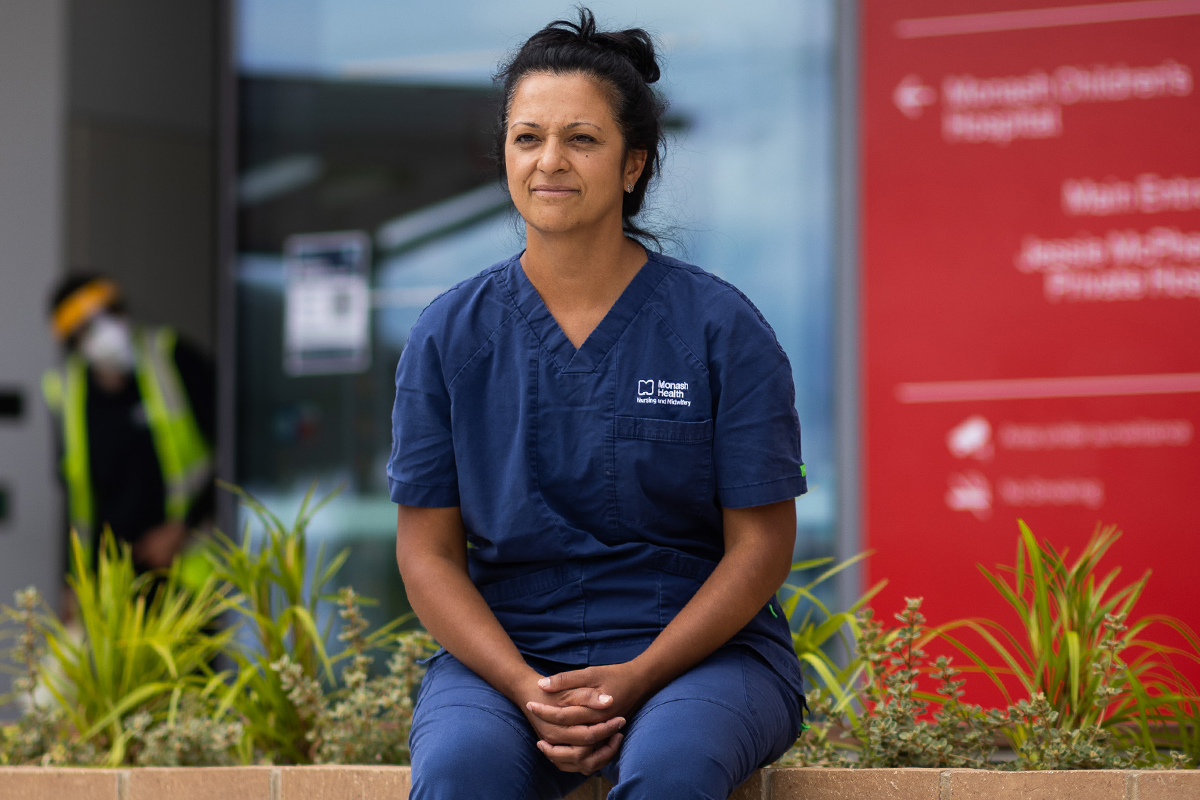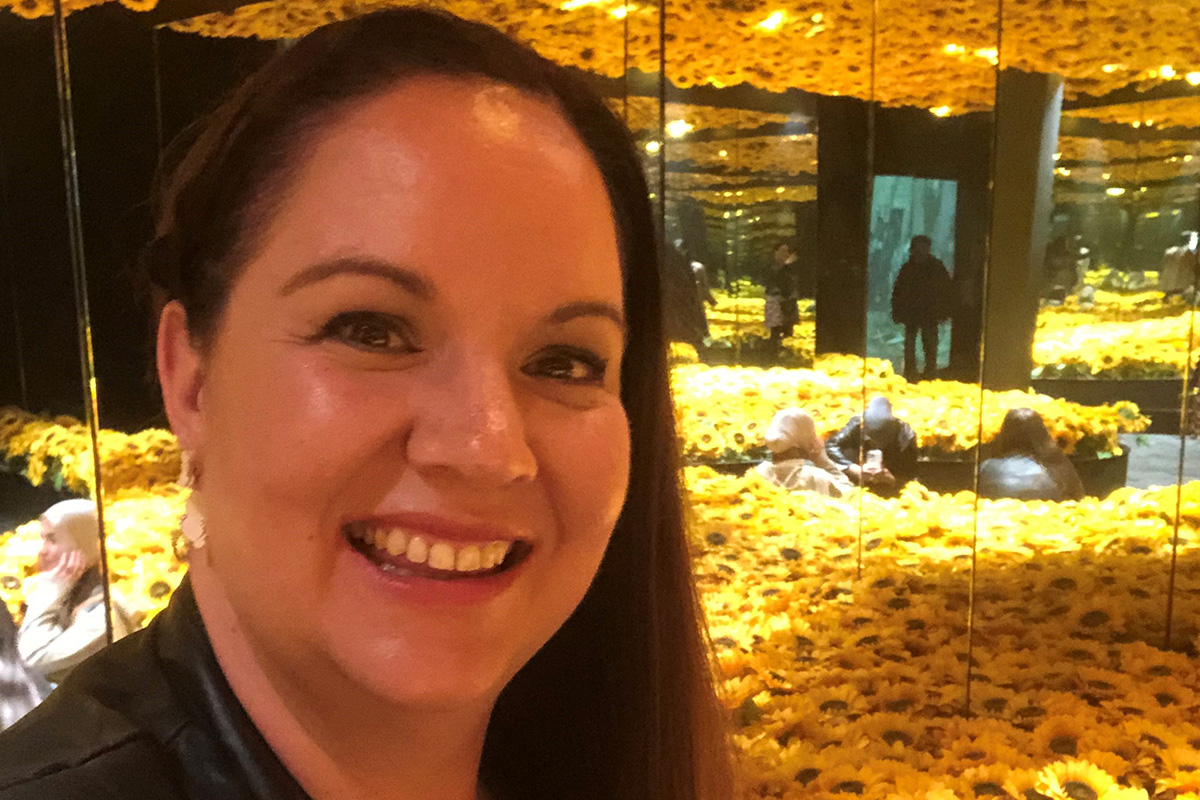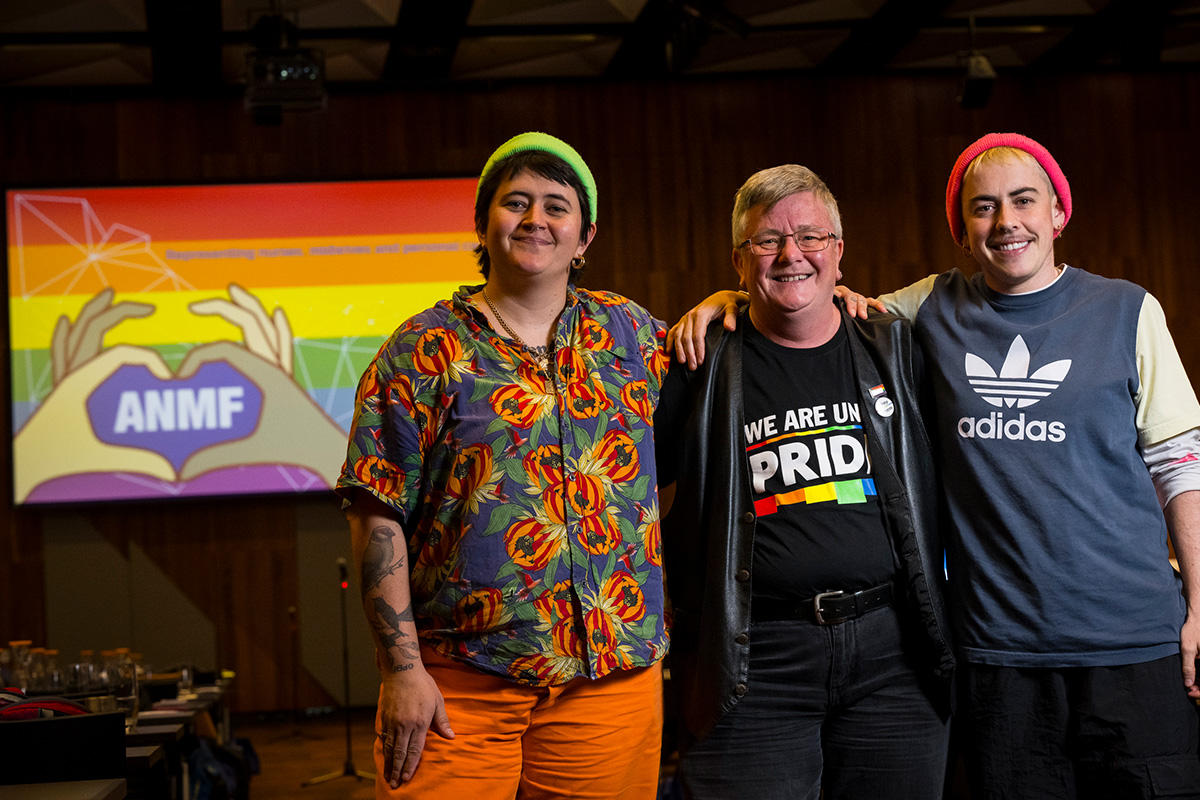
Buchan Bush Nursing Centre registered nurse/midwife Anne Brewer
On the Record interviewed Buchan Bush Nursing Centre registered nurse/midwife Anne Brewer late in 2019, just prior to the devastating bushfires of the 2019–20 summer. Anne lost her home in the huge East Gippsland fire that burned 320,000 hectares and took three months to contain.
With COVID-19 arriving in Victoria in late January 2020 and the efforts to contain the waves of infection, the impact of the bushfires receded in the minds of those outside the affected communities.
On the Record returned to Anne to find out how she – and her community – are recovering.
How did the Gippsland bushfires of 2019–20 affect you personally and your work as a nurse in the community?
We lost our home to the bushfire on the night of 30 December (2019). I was not at home as I evacuated in the morning. I took a suitcase of clothes and one of my jewellery cases in an almost empty car. I honestly never thought the house would burn down as we are in the Buchan township. It was quite funny when I unpacked my suitcase to find it only had uniforms in it, as clearly that was the washing I folded last.
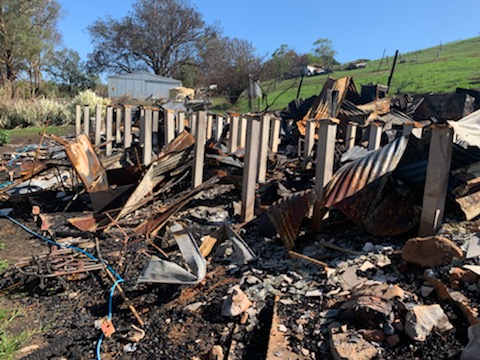
My husband chose to stay at home as he felt well set up to manage an ember attack. I left home and it was quite still, though a bit of smoke around. The fires were out in the distance but the air felt wrong. I had been in a previous bushfire in my youth and the feeling was quite similar, hence my need to go, and quickly. I had decided to evacuate to Sale some one hour and forty minutes away as that is where many of my vulnerable clients had been evacuated to and at least I could follow them up.
I received the news about 3am that our house was lost and that my husband was at the recreation reserve which was our neighbourhood safer place. He contacted me to let me know what was happening and that he would head back to the house to save what he could at daybreak. Soon after, we lost communication within the town so for several hours I did not know whether I had a town to go back to and where my husband was and really, even if the people were all OK or gone.
I was on the outside not able to get back in and didn’t know what I would find when I did get in – this was a really hard time. I was seeing my clients that were evacuated and trying to gain contact with those on the vulnerable persons list as best I could. I might have not been in town but those were really long work days as people who could ring me rang at any time of the day or night, many just longing for contact. I was finally able to get back into town on Friday morning in an escorted convoy with the car now full of medical supplies and not enough room for even another piece of paper. The support from family, friends and agencies was already overwhelming.
On arrival back into town my first point of call was to work and to make contact with our local Country Fire Association (CFA) captain. I needed to see him and just reassure him there was no blame. We are a small community and everyone was going to go through a broad range of feelings and I wanted him to feel supported. I made my work(place) home as it meant I had somewhere to sleep and yet was readily available if needed. Within one hour of being home I went to the recreation reserve building to get a handle on what was happening and how people were doing. It was amazing how well most were. Certainly tired, exhausted, frustrated and some grieving for losses of homes, sheds and fences. Others, and there were many, and still are, were suffering from the guilt about surviving without losses.
Every single person within the community has been affected. The community banded together throughout the immediate post-fire time. Things were starting to happen, with community events starting to take place, and then of course in comes COVID-19.
To what extent have you and the community (and the environment) recovered from the bushfire?
The community has commenced recovery and renewal but it is a long way from complete. The rebuilding of fences continues and will for many more months. Some sheds and infrastructure are up but the majority is yet to come. No homes are rebuilt yet in Buchan.
My own home was finally started in November 2020. It has, however, like so many others, now struck other things which have slowed progress, such as waiting on tradies, Covid-19 delays, supply issues. In the meantime we continue to live in alternative accommodation. The community is at the stage of planning for the future rather than just the now.
We have a community recovery committee and they are advocating for the community at many levels around both recovery and renewal. The donations have been incredible and really makes you aware of the generosity of so many individuals, groups and companies.
The environment is recovering in some areas, as nature does, but there are others that are unlikely to come back. There are still many areas of our bushland that are just black sticks standing in the ground where a green tree and grass would otherwise have been. Sadly, much of what has come back is in the form of weeds, which makes our farmers work even harder.
What was the impact on the community of the COVID-19 pandemic, coming so soon after the bushfires?
COVID-19 has interfered greatly with the recovery process. Sadly, we were unable to have our football and netball events over the winter months of 2020 and that has proven to be very difficult. Those activities were just coming together as COVID hit, so 3 significant weekly events for community and individual wellbeing over the winter months have not happened. The Saturday games and the two training nights are as much about social activities and are always an outlet for some to talk things over, gather ideas and generally relax.
The isolation caused by the stressors of the fires and workload related to COVID-19 has created wellbeing issues. For most farmers it has been business as usual, but it has created supply issues which delay rebuilding. Similarly for those rebuilding any form of infrastructure, supplies are not readily available.
What resources have you been drawing upon in order to manage the impact?
There have been multiple forms of mental wellbeing services offered within the community. Sadly, initially a lot of this was very uncoordinated. We already had services in place and to some extent these were displaced by those that just dropped in and never understood the way it worked here. The few that have taken the time to find out what works and what doesn’t have been valuable for both the community and our Bush Nursing Centre. We have increased our nursing EFT to enable a sharing of the workload and that happened again when COVID struck.
What have you learned as a result of the bushfire or pandemic experience? Many people experience a shift in perspective about what’s important in life…
I have learnt from the fire experience that my values have changed. I always believed people were more important than possessions and that has not changed. Yes, the house burnt down but we survived. I am looking at things that we buy and asking ‘Do I need it?’ or ‘Do I want it?’ I am also asking ‘Does that contribute to my house becoming a home?’. I have a roof over my head at the moment but I do not have a HOME. Friends and family are the foundation of recovery; the community owns an individual’s recovery as much as an individual does. (Everyone tells me every day as they go past if my builders are on site, or if another delivery has arrived – it is part of their recovery as well). If this had to happen, I could not be in a better place, as everyone is supportive.
As a bush nurse, you work very independently. Have there been extra demands, given you don’t have a doctor in the town? Have there been any changes to practice, or policies within the Gippsland area?
We have a doctor in town one day every third week but after the fires and during COVID that was not occurring as it previously would have been. Yes there are extra challenges and demands. It is extremely difficult to get someone in to see a doctor, even if they have a cough that has been ongoing for 12 months. Most doctors will do telehealth but that doesn’t mean the client gets care that they otherwise would have. (Conversely) for some there are more visits than there would have been if it weren’t for the fires. There is a lot more risk management around home visits, initially around fire risk and safety post fires but now around COVID as well.
For myself, I recognise that I have added stressors and need to manage them. If I can be OK, then others will often be OK, however if I cry then others often will – and both scenarios are OK. I have learnt who is prepared to assist and do so, and who may want to assist but can’t or don’t – and accept that both are OK, despite maybe being disappointed.
The Nursing and Midwifery Health Program Victoria is available to nurses, midwives, and student nurses and midwives, throughout the state for free, independent and confidential counselling and support. Contact them at admin@nmhp.org.au or 9415 7551.
